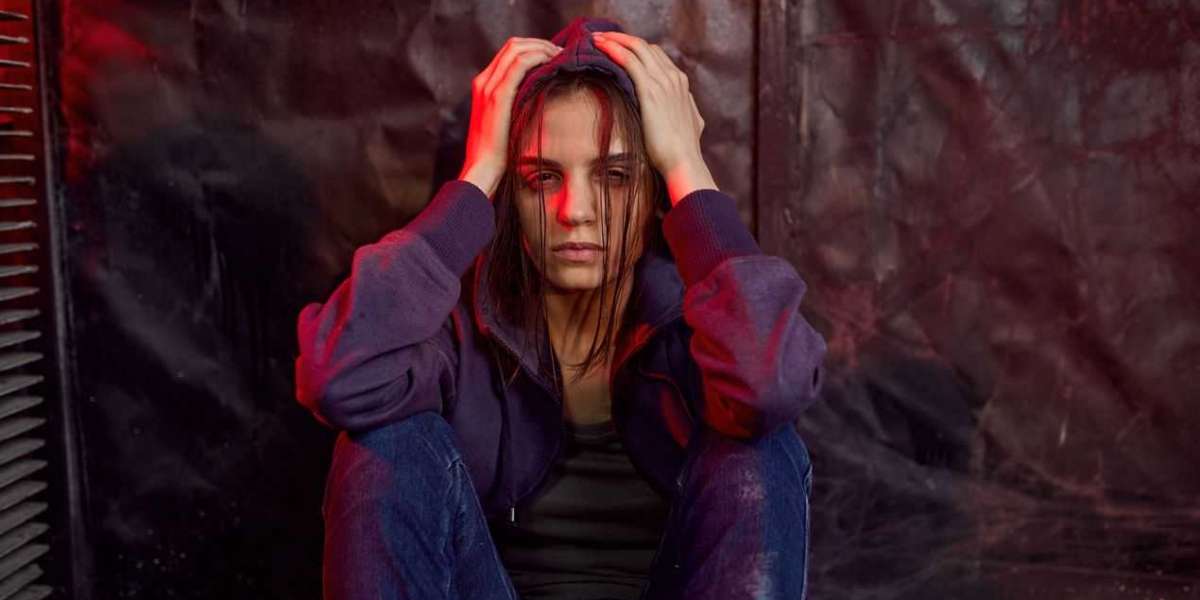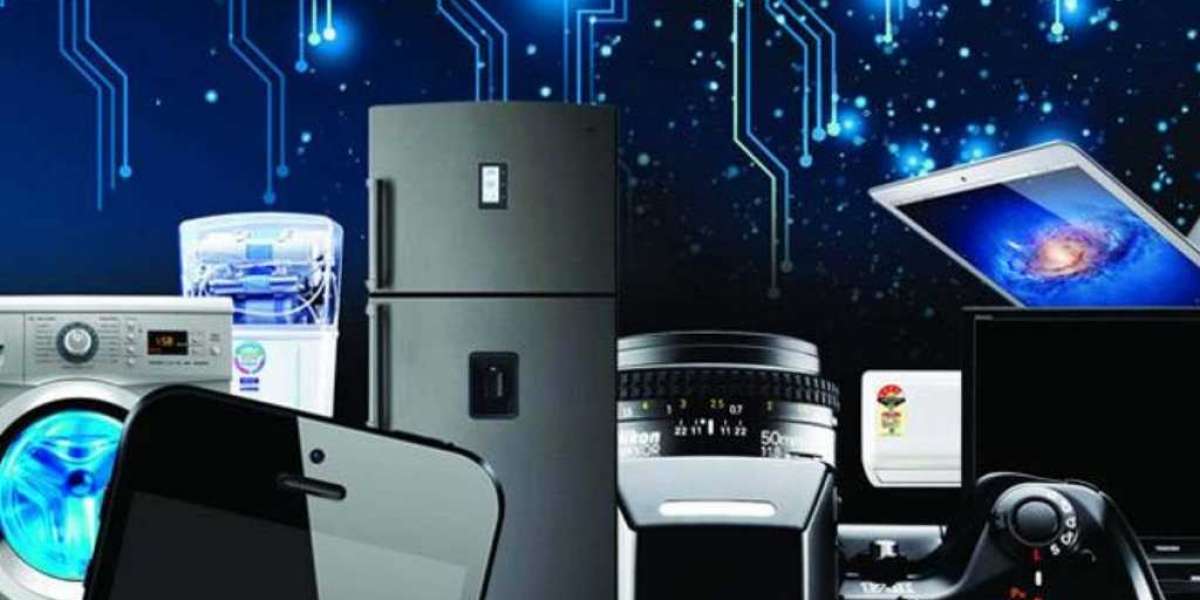LSD, also known as Lysergide, is a hallucinogen drug that alters the perception of one’s mood and sense of well being. People who take LSD experience a range of reactions that can be frightening and disorienting. These effects can affect the user’s behavior, emotions and ability to manage daily tasks. If someone begins to show signs of LSD addiction, it is important to get help from a professional drug and alcohol rehabilitation center.
LSD addiction can be difficult to identify because it does not cause the common physical cravings that are associated with other substances of abuse, such as cocaine or heroin. People who become addicted to LSD will develop a psychological dependence on the drug and may start to crave the feelings, emotions and hallucinations that they associate with it. They can also begin to want to reconstruct their last trip by taking more and more of the drug.
It is not uncommon for individuals to feel that they are experiencing a “bad trip” when they take acid, and these negative experiences can have a lasting impact on their mental health. A bad trip can involve feelings of terror, panic, confusion and anxiety, and the boundaries between the self and the outside world can appear to be dissolved.
The symptoms of a bad trip can vary widely from person to person, depending on their expectations, environment and mood at the time of the drug’s effects. Some people may even have a psychotic reaction to LSD that could lead to hallucinations, delusions and paranoia. People who have a very severe reaction to the drug are at a higher risk of harming themselves or others and should seek emergency treatment immediately.
There is no cure for an addiction to LSD, but a comprehensive drug rehab program can provide the support and structure needed to stop abusing this substance. Many of the same types of treatments used to treat other types of addictions can be employed for this disorder, including cognitive-behavioral therapy and dialectical behavioral therapy. Individuals who have a history of other mental health issues, such as depression or bipolar disorder, may also benefit from the use of antidepressant medication or antipsychotic drugs in conjunction with these treatments.
A number of young adults abuse LSD and it is frequently seen in clubs, music festivals and underground parties called raves. It is also popular with teenagers and a significant number of high school students have reported having tried the drug. According to a survey conducted by the University of Michigan, around 3 percent of eighth-, 10th- and 12th-graders have reported having taken the drug.








